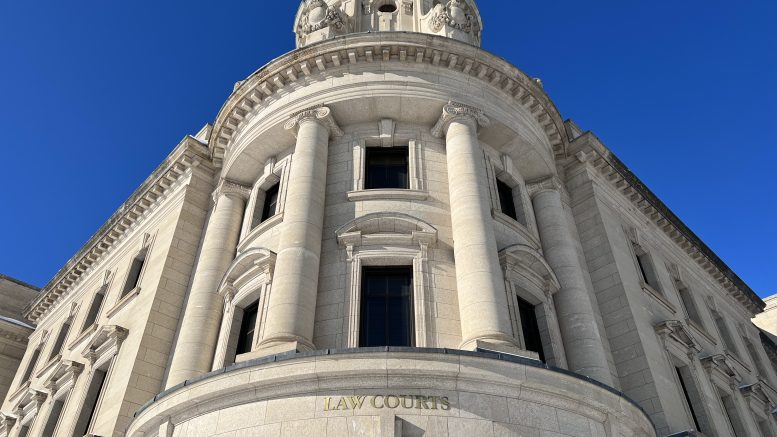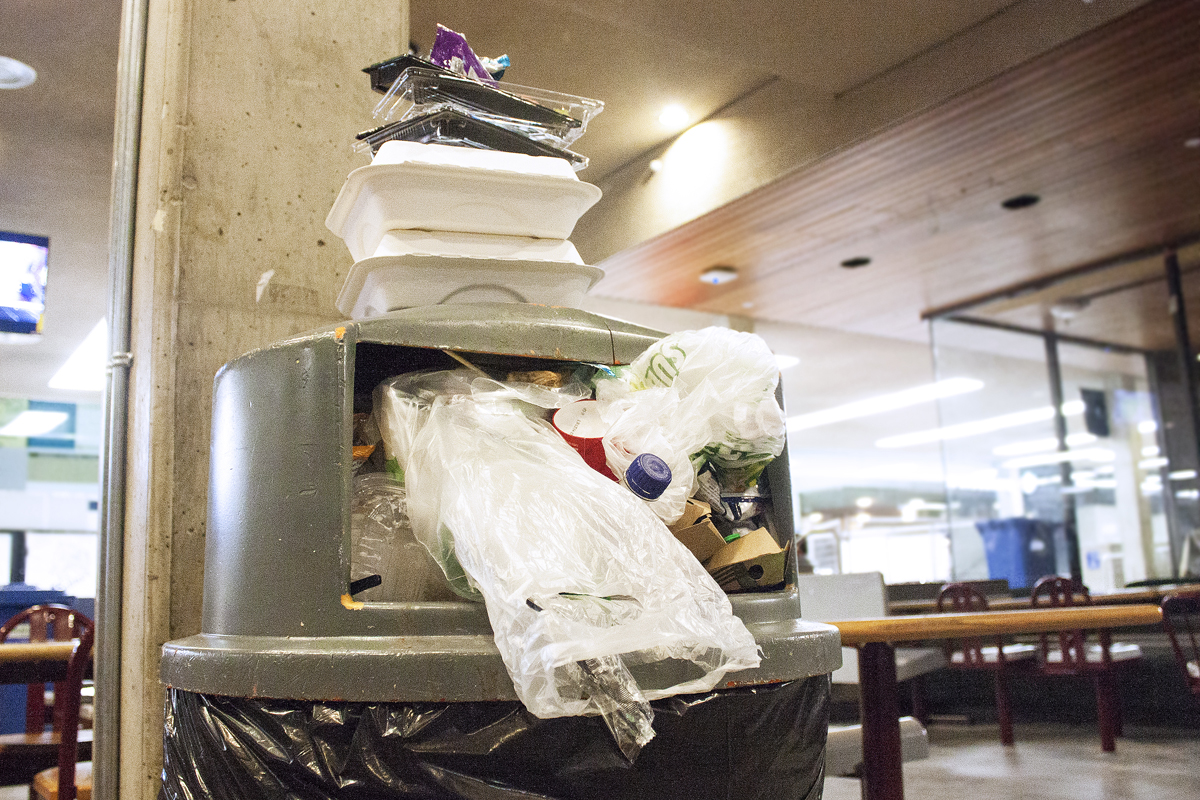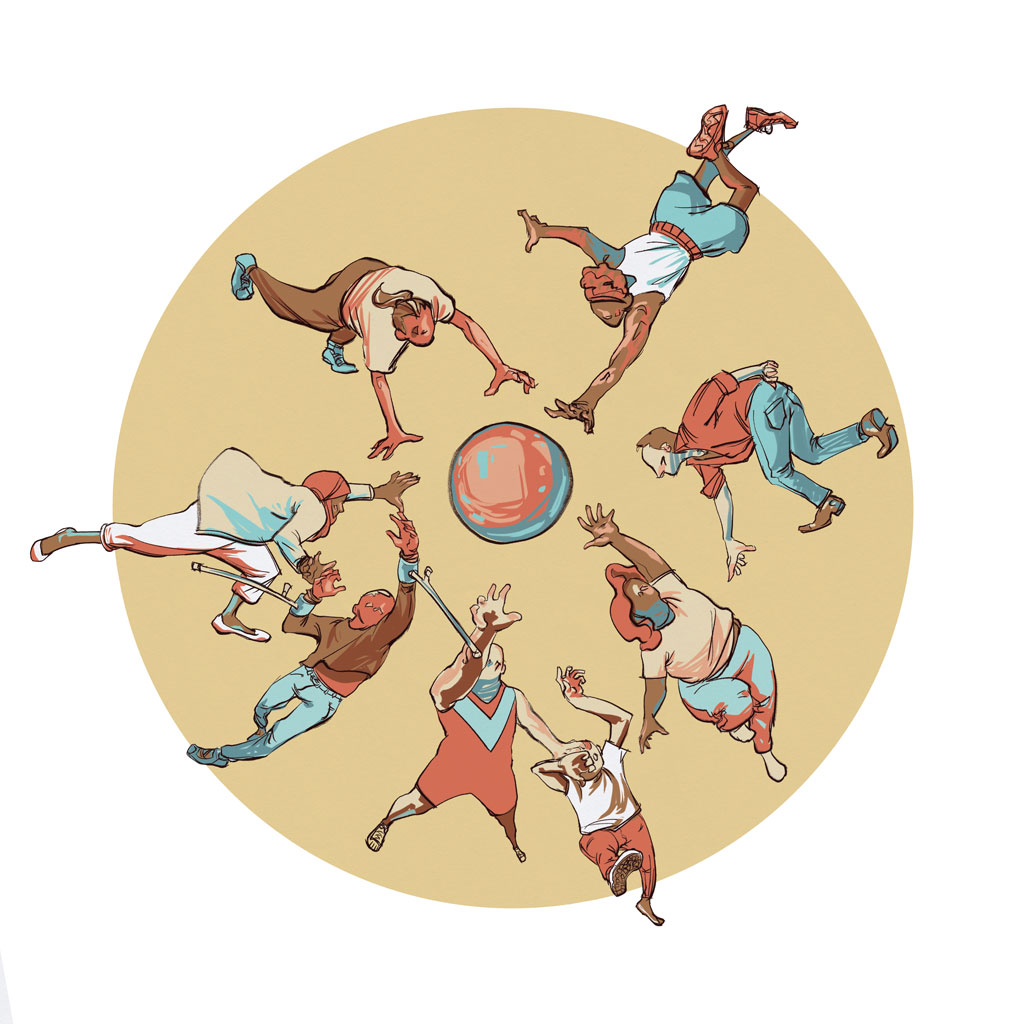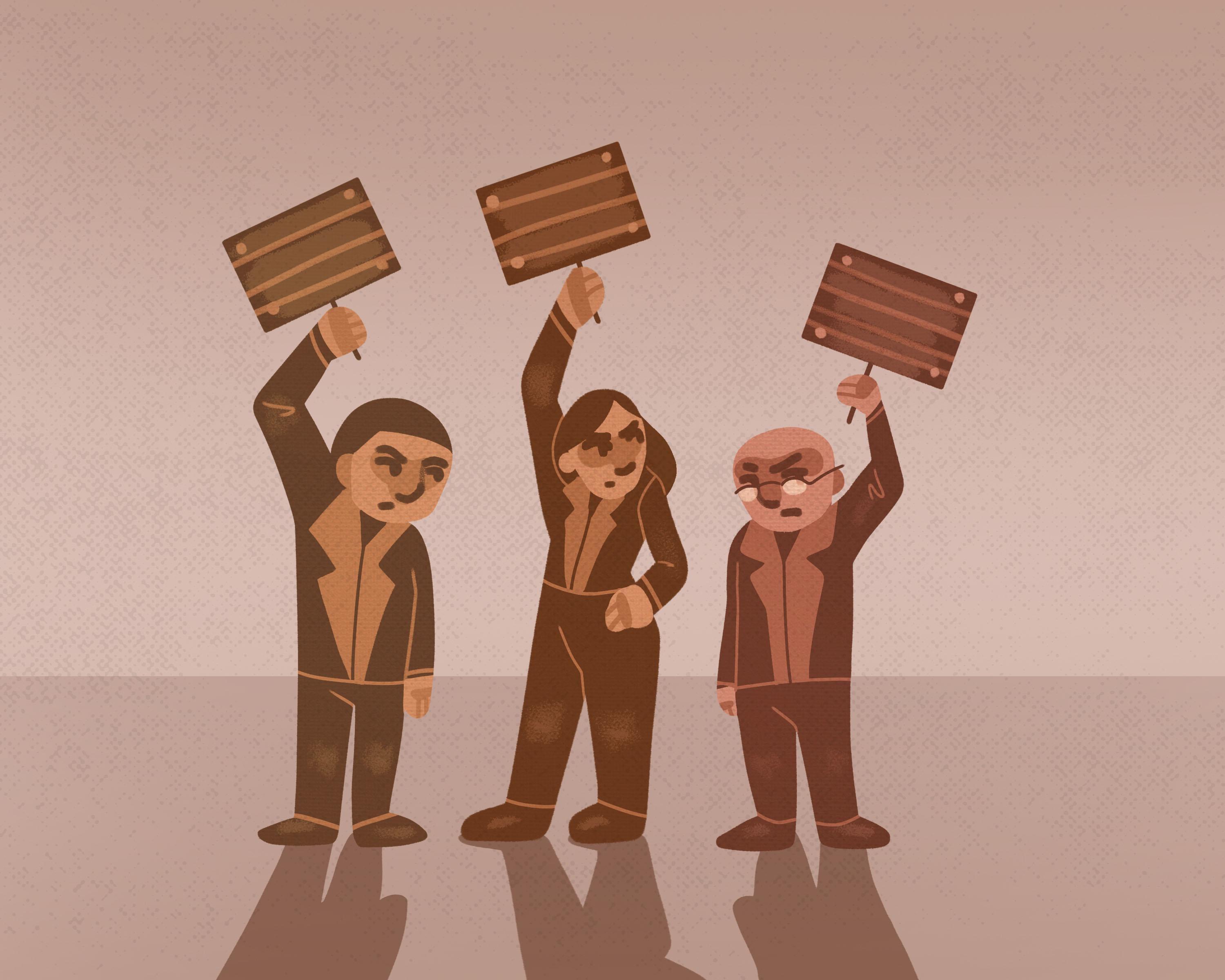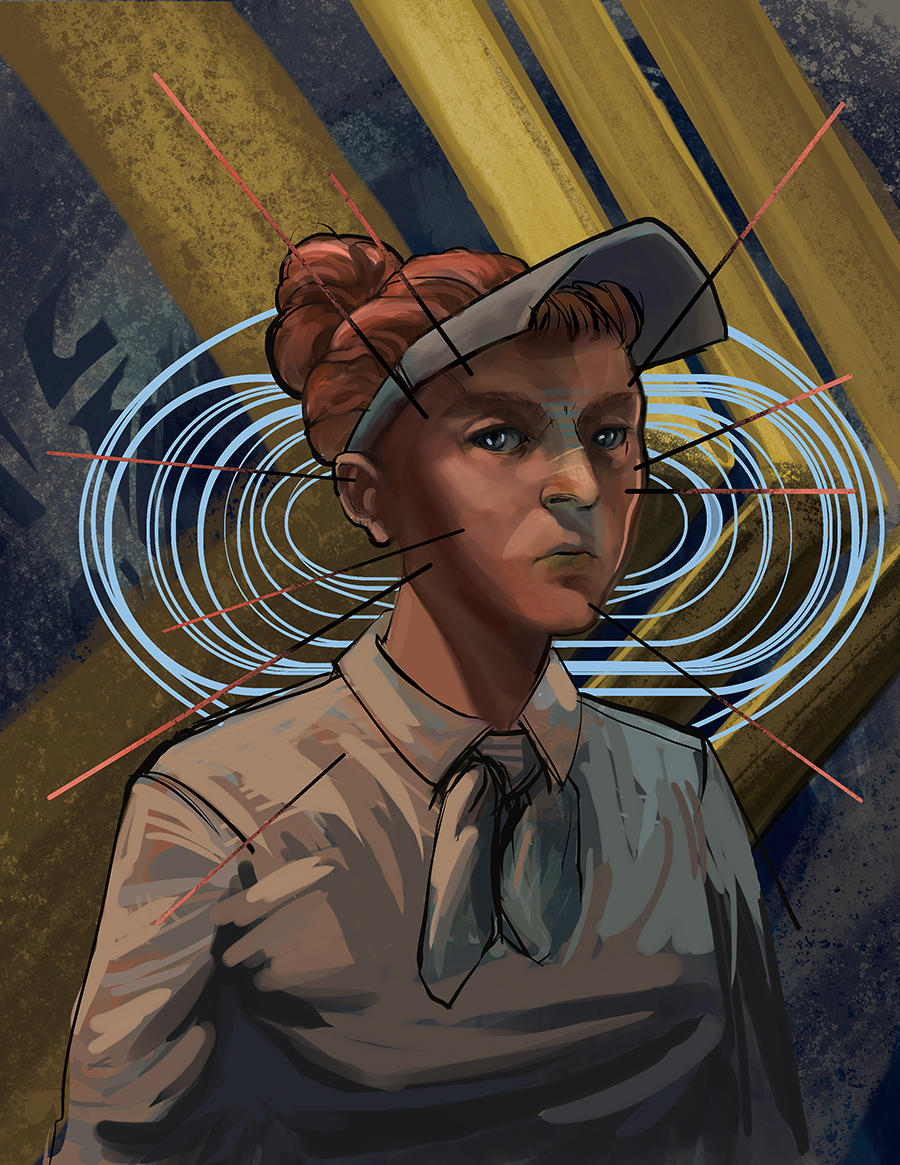The Manitoba government has been ordered to pay the University of Manitoba Faculty Association (UMFA) over $19.3 million for secretly interfering with UMFA’s contract negotiations in 2016.
Court of Queen’s Bench Justice Joan McKelvey ruled that the province must pay UMFA nearly $20 million to compensate for wages lost due to the interference and the costs of the 21-day strike it caused in 2016 plus interest.
UMFA president Orvie Dingwall said that while the organization is “pleased” with the ruling, the news was also “quite bittersweet.”
“The majority of UMFA members were on strike in 2016 over this and we’ve been waiting for resolution for the past six years on this, so to have a positive ruling is great,” she said.
“At the same time […] the government should abide by the law and should have not broken the law in the first place and, similarly, the university should have stood up for the rights of the workers here at the university.”
The province interfered in UMFA’s collective bargaining after nine months of negotiations resulted in the university offering a contract with salary increases of 17.5 per cent over four years.
The Manitoba government’s recently formed public sector compensation committee imposed a one-year, non-negotiable wage- freeze policy of zero per cent on the negotiations.
The province ordered the university not to disclose the mandate to the union, threatening “financial repercussions” if it did not comply.
The administration fulfilled this request. In response, the union approved a strike in October 2016. After 21 days, the strike ended with UMFA agreeing to the one-year wage freeze.
According to court documents, the government and university communicated secretly at least 30 times during that month.
Dingwall said she hopes the university and UMFA can now conduct negotiations that “[do not] involve the government.”
“2016 was six years ago,” she said. “UMFA has bargained four times with the university since then.”
“Each round seems to get harder and harder and a lot of that really stems back to the illegal actions of the government and the university in 2016 and we really are hopeful that […] now with this ruling we can finally put this behind us and start moving toward a more stable future for students.”
The payment includes $15 million in one-time payments for members who worked at the university from April 2016 to March 2020 to compensate for wages lost as a result of interference and $1.6 million for wages lost while striking. UMFA will also receive $2.7 million for strike-related expenses.
Dingwall said that although this figure is based on the costs of the strike and lost wages, it could “never really make up for” the costs of interference.
“It’s an award for the past and […] if we do get any money from this, it’s not added to baseline salaries the way that it would have been if we had been able to bargain that for the collective agreements that started in 2016,” she said.
In 2020, McKelvey struck down the Public Services Sustainability Act, a piece of 2017 legislation that imposed two years of wage freezes on public sector workers.
Although Manitoba’s Court of Appeal decided the bill did not violate workers’ bargaining rights as defined in the charter, that same decision also ruled the government interfered in UMFA’s 2016 negotiations.
The bill passed in the legislature but was never proclaimed into law and Premier Heather Stefanson repealed it last November.
Dingwall said the Progressive Conservative government has “sent clear signals” it does not value labour and education.
“If they were true in their commitments to workers and to education and particularly to students at the post-secondary level, they wouldn’t have been trying to interfere with this bargaining,” she said.
“As for the cost to taxpayers, this hopefully sends a clear message to the [Progressive Conservative] government […] that they shouldn’t be meddling in collective bargaining and in the operations of the university and they shouldn’t be breaking the law. This isn’t a tax to Manitobans, this is a penalty to the government for breaking the law.”
